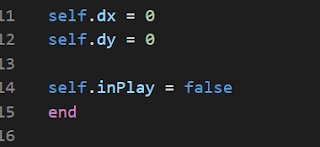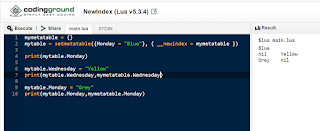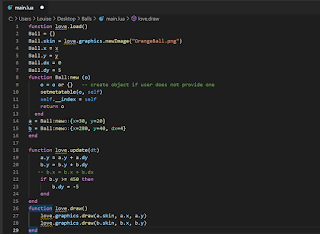source: La Presse
author: Mélanie Marquis
translation: MicrosoftEdge/doxa-louise
Production slowdowns
"The disruption is behind us," Pfizer says
(Ottawa) The "turbulence" of February is a thing of the past, as Pfizer's plant in Puurs, Belgium, has increased its production capacity. However, Canada will remain at the mercy of this plant because "in the short term" the company does not "anticipate" the manufacture of vaccines in Canada. Interview with Fabien Paquette, Managing Director and Head of Vaccines at Pfizer Canada.
The timing was not ideal. An upgrade of the facilities in the midst of the COVID-19 pandemic, when all the countries of the world were awaiting vaccines? "Certainly there's never a good time," he says. In doing so, however, Puurs is now able to manufacture 2 billion doses rather than 1.3 billion doses for 2021.
But yes, "in Canada, what it meant was a two- or three-week slowdown in February," says Paquette. "It's not just Canada that has been affected by the slowdown, every country in the world has been affected"; the impacts were "pretty similar," but variable according to timetable, and now "the disturbances are behind us," he says.
For the immediate future, no manufacturing prospect in this country, however. "In the short term, we don't anticipate that this will happen," he says. Building a production plant takes years. On the other hand, a dialogue has begun between the company and the Minister of Innovation, Science and Industry, François-Philippe Champagne. "We're in talks," Paquette said, without providing further details.
Pfizer vaccines prepared in Puurs, Belgium
No patent infringement
In Europe, the pharmaceutical company has partnered with Sanofi and Novartis to help it manufacture the vaccine in the final stage. "We send the product to them and they put it in the vials and encapsulate it," explains Fabien Paquette. But from there to give the "recipe" to others and to give up intellectual property, there is a step that the company is not ready to take, ensuring displeasure from NGOs that demand it.
'What needs to be appreciated is that intellectual protection, patents, is a guarantee of innovation. We have to be able to keep that.' -Fabien Paquette, Managing Director and Head of Vaccines at Pfizer Canada
"Pfizer and BioNTech have invested billions of dollars to develop the COVID-19 vaccine, and if these investments have been made, it is thanks to the innovation of previous products. And the revenue we're going to generate with this vaccine will allow us to discover the next vaccine against cancer or other diseases," he continues.
Faster, more expensive?
In the meantime, the pace of Pfizer-BioNTech's deliveries to Canada is accelerating. By the end of June, we will receive 10.8 million doses instead of 8 million. By the end of September, 40 million doses will arrive. Did Ottawa pay more to get them faster? Contracts are confidential, Paquette replies. The government is paying 'the fair price,' he says.
Nor will it be said whether the doses delivered last December were delivered more quickly than expected. According to a preliminary analysis by Statistics Canada, the federal government spent $16 million on Pfizer and Moderna vaccines at an average price of $37.70 per dose. The figures circulating elsewhere, however, tend to show that Moderna's offeringss are more expensive.
In vitro studies conducted in recent weeks have shown that there is good protection against South African and British variants. Efficiency data for the Brazilian variant are expected to be released soon. "This is the advantage of messenger RNA vaccines for variants: you can make a genetic modification quickly," says Fabien Paquette.
On Tuesday, the head of the Public Health Agency of Canada,Der Theresa Tam, expressed serious concerns about the variants. There have been more than 540 cases of British (B117) contamination in the country, 33 of the South African variant (B1351) and one for the Brazilian variant (P1). Most worrying is that community-based spread has been observed in at least four provinces, as well as an increase in outbreaks, she noted.
































